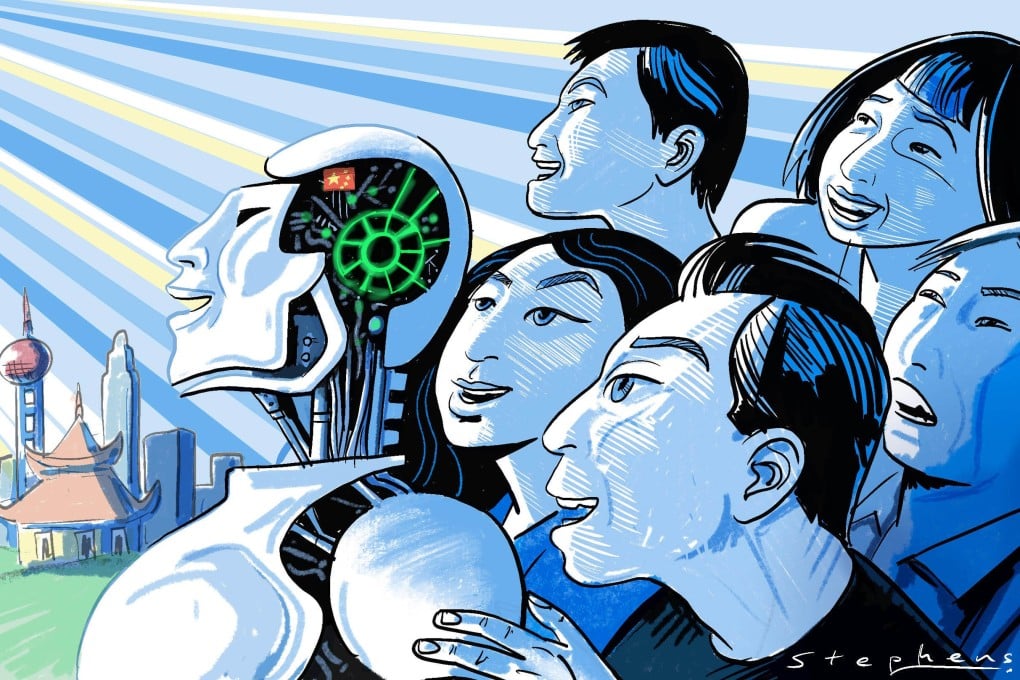Advertisement
Opinion | What AI development might look like in China’s socialist system
- There has been much discussion of the US-China technological race, but little around how AI might evolve under China’s economic system
- What would the model be in an AI-empowered world where the technology itself becomes a production resource?
Reading Time:4 minutes
Why you can trust SCMP
2

At the World AI Conference in Shanghai earlier this month, Tesla CEO Elon Musk said China is in a strong position when it comes to the development of artificial intelligence (AI). But what does this mean?
China has made great strides in building its AI capabilities and industry, and its companies and institutions made up seven of the 10 largest patent owners in AI and machine learning last year. According to official data, China has an edge in areas such as computer vision and natural language processing, with a core industry worth over US$71 billion, and more than 4,200 AI companies accounting for 16 per cent of the global total.
China’s AI sector has benefited significantly from the 14th five-year plan, spanning 2021-2025 and outlining the steps the country will take to build a modern socialist society. It places great emphasis on developing fast-growing technologies, with AI being a key area.
In its position paper on AI governance, the government said, “China is committed to building a community with a shared future for mankind in the domain of AI, advocating a people-centred approach and the principle of AI for good”.
There has been no shortage of discussion around the US-China technological race – but little around how AI might develop and evolve under China’s unique economic system.
China is deeply rooted in socialism, which permeates every aspect of life, values and policymaking. Globally, socialism as a political movement emerged in response to the economic and social upheaval of the industrial revolution and subsequent wealth gap. Interestingly, AI has the potential to be equally transformative and its impact on jobs is a concern for governments globally.
Advertisement
